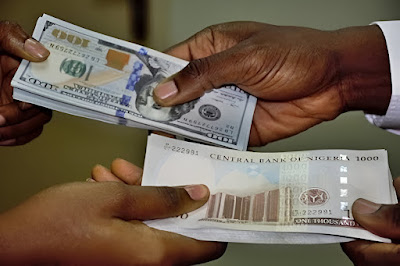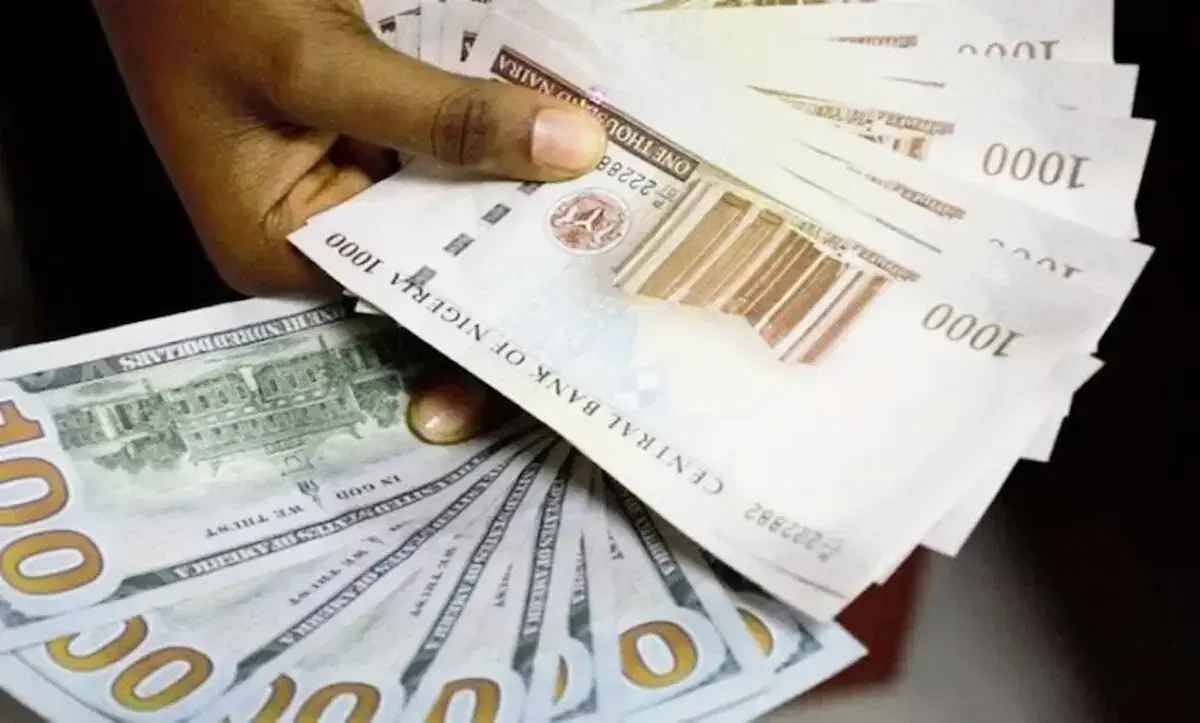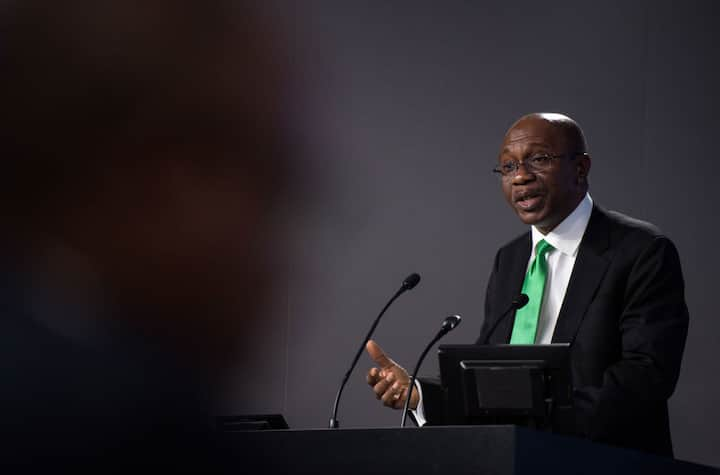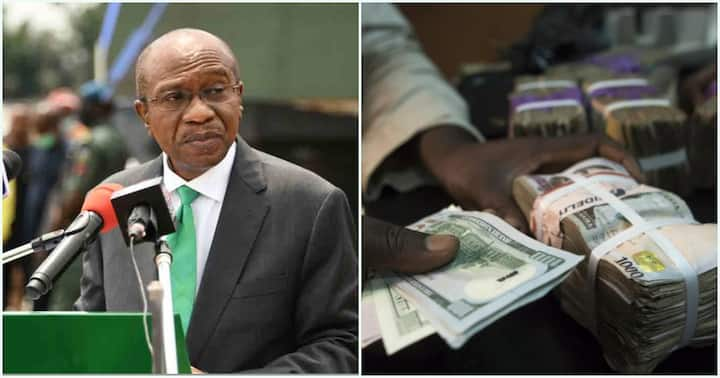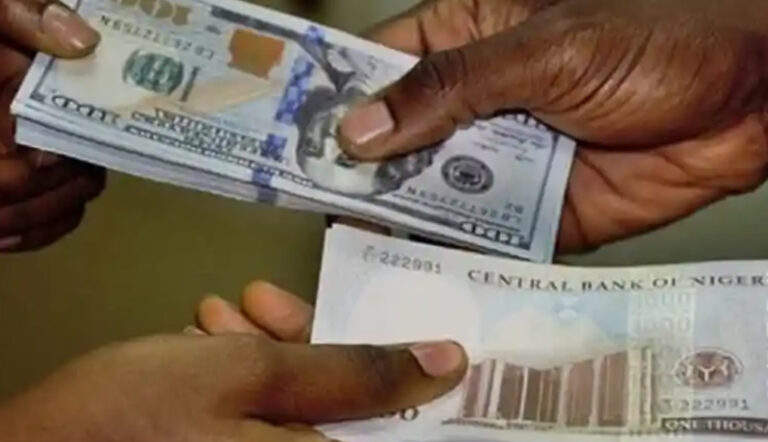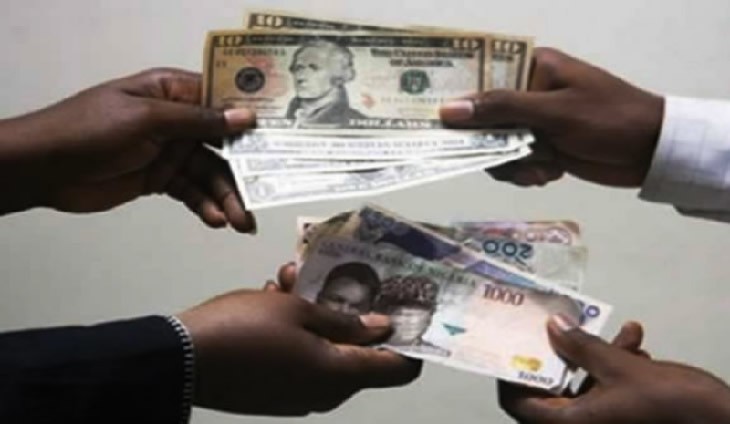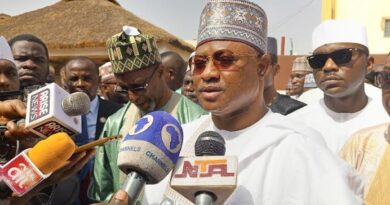Naira Slumps Further Against Dollar Despite Growth in Nigeria’s External Reserves
The Nigerian naira continued its downward trend against the US dollar as the foreign exchange markets opened the week on a sour note, reflecting the ongoing volatility in the country’s currency market.
According to data released by the Central Bank of Nigeria (CBN), the naira depreciated at the official foreign exchange window, falling to ₦1,605.62 per dollar on Monday, May 6, 2025. This represents a day-on-day loss of ₦3.44 from the ₦1,602.18 per dollar rate recorded last Friday, signaling renewed pressure on the currency.
The parallel market, popularly known as the black market, also mirrored the decline. Traders reported that the naira exchanged at ₦1,610 per dollar on Monday, a depreciation of ₦5 compared to the ₦1,605 it traded at the close of the previous week. This widening gap between the official and parallel market rates continues to reflect the mismatch between dollar demand and supply in Nigeria’s forex system.
Market analysts attribute the sustained depreciation to a variety of factors, including increased demand for dollars for importation and overseas tuition, as well as lingering uncertainty among investors over policy clarity. Despite reforms announced by the CBN to unify the exchange rates and boost forex supply, the local currency remains under significant pressure.
Ironically, the continued fall of the naira comes at a time when Nigeria’s external reserves are reported to have risen. The apex bank recently revealed that the country’s reserves grew to $38.8 billion in 2024, which theoretically should have strengthened the central bank’s ability to stabilize the currency. However, the impact of the reserves on the forex market appears limited, likely due to insufficient intervention or low confidence among market participants.
The persistent weakening of the naira raises fresh concerns for the economy, especially with inflation still high and the cost of living escalating. It also threatens to undermine the effectiveness of recent monetary policy measures aimed at restoring macroeconomic stability.
As the situation unfolds, all eyes remain on the CBN’s next move, with stakeholders hoping for more aggressive and transparent strategies to halt the naira’s depreciation and restore balance to Nigeria’s currency markets.

